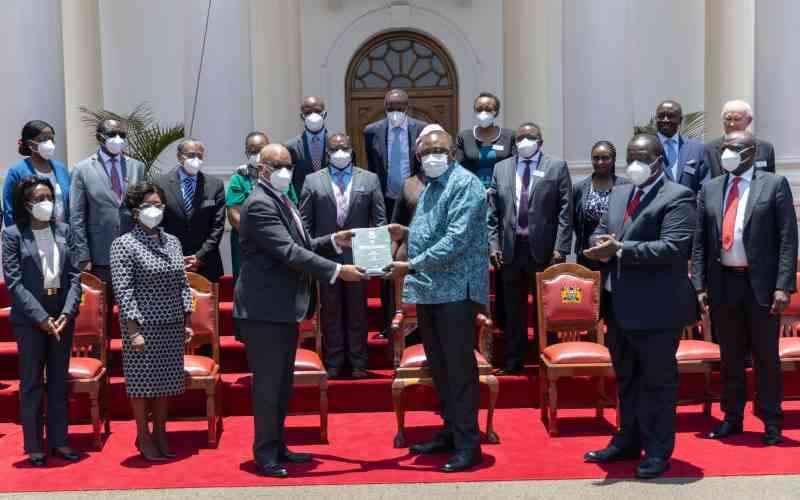×
The Standard e-Paper
Kenya’s Boldest Voice

Ross Perot, the American businessman who unsuccessfully contested the 1992 US presidential elections as an independent candidate, once said that when you see a snake, just kill it -- do not appoint a committee on snakes.
That quote came to mind early in the week when the Nairobi governor constituted a task force to review and propose reforms in the health sector.